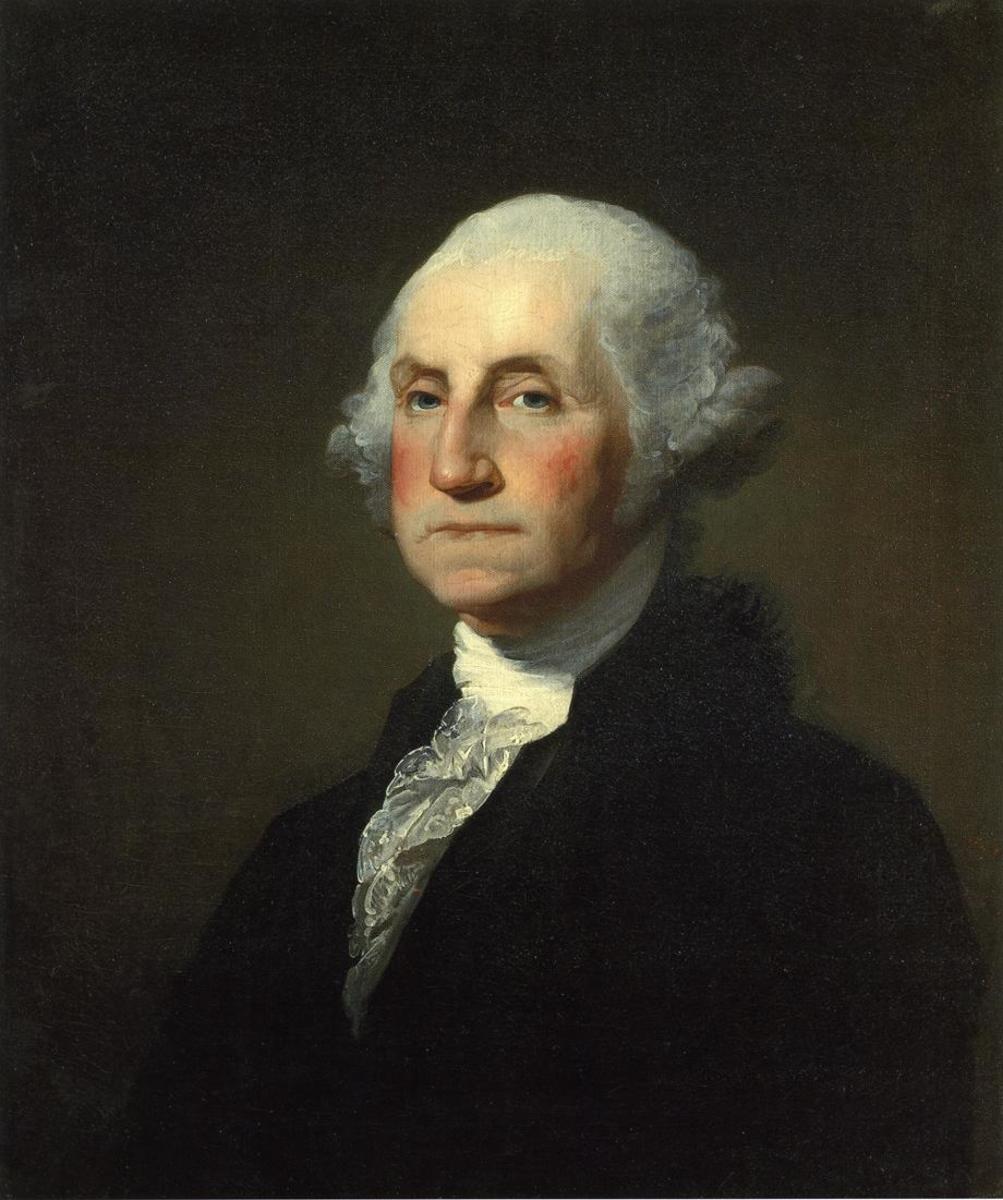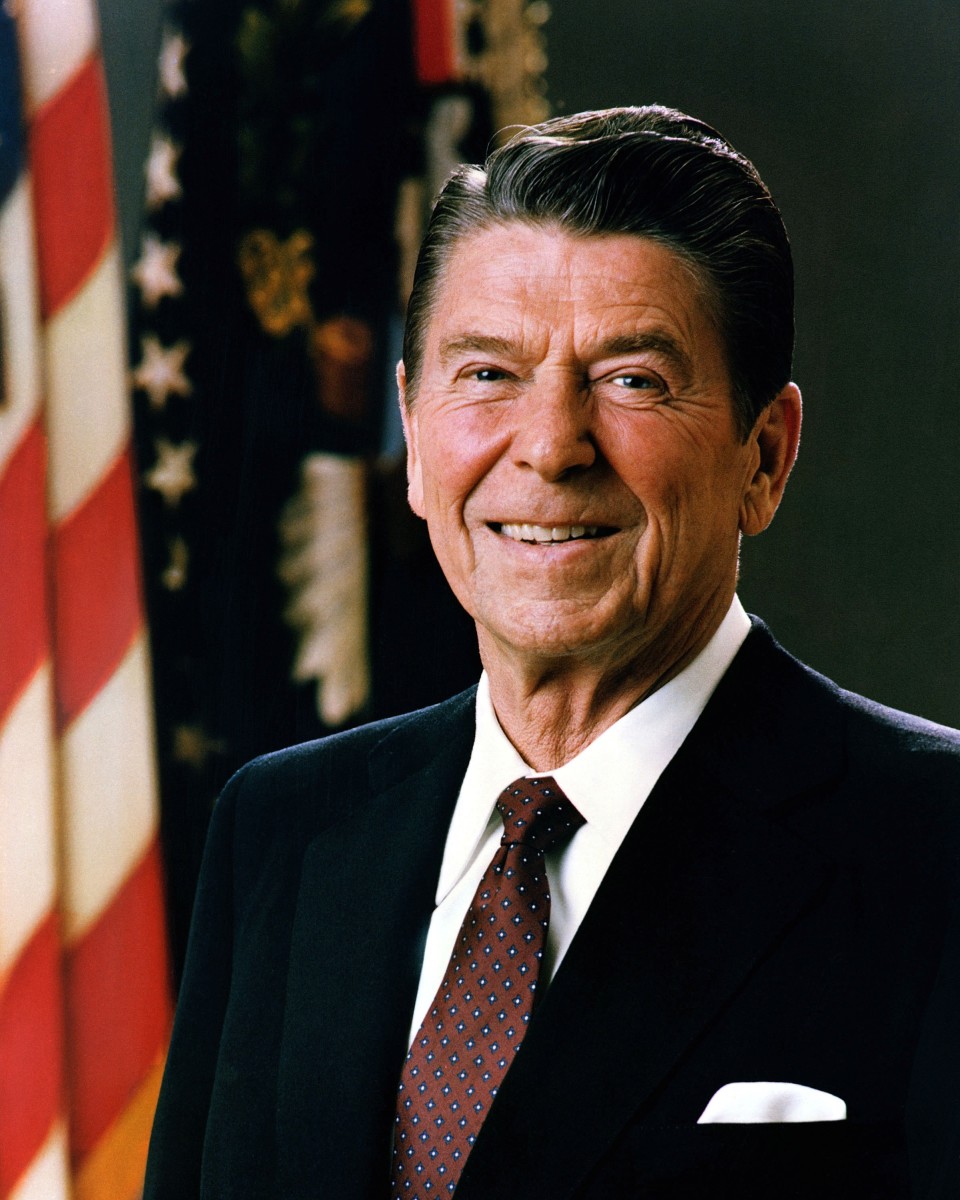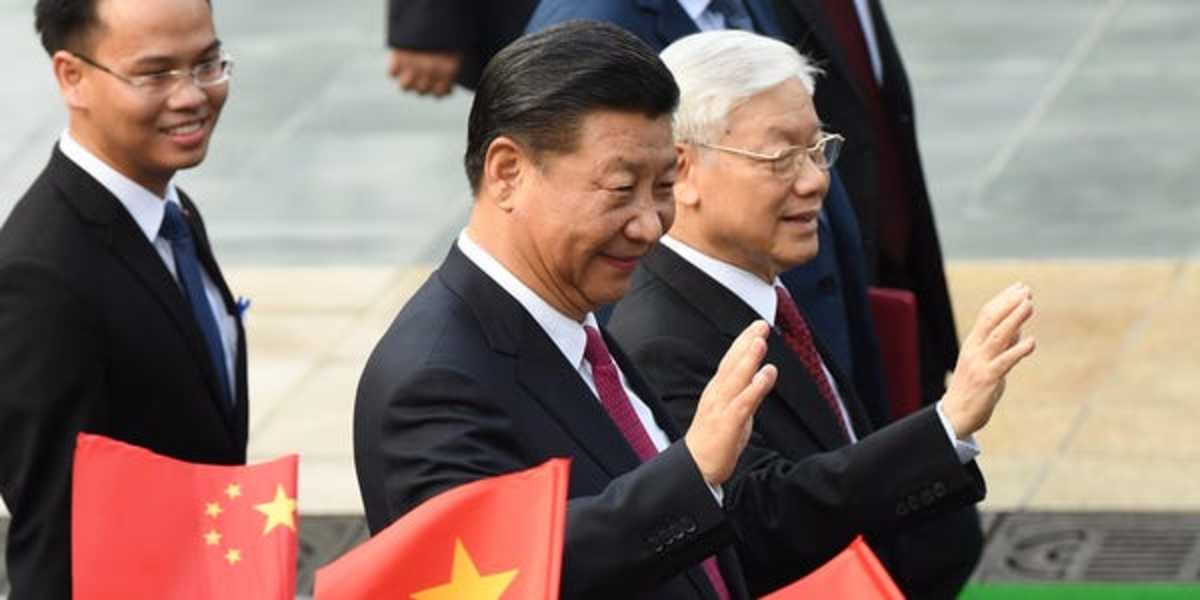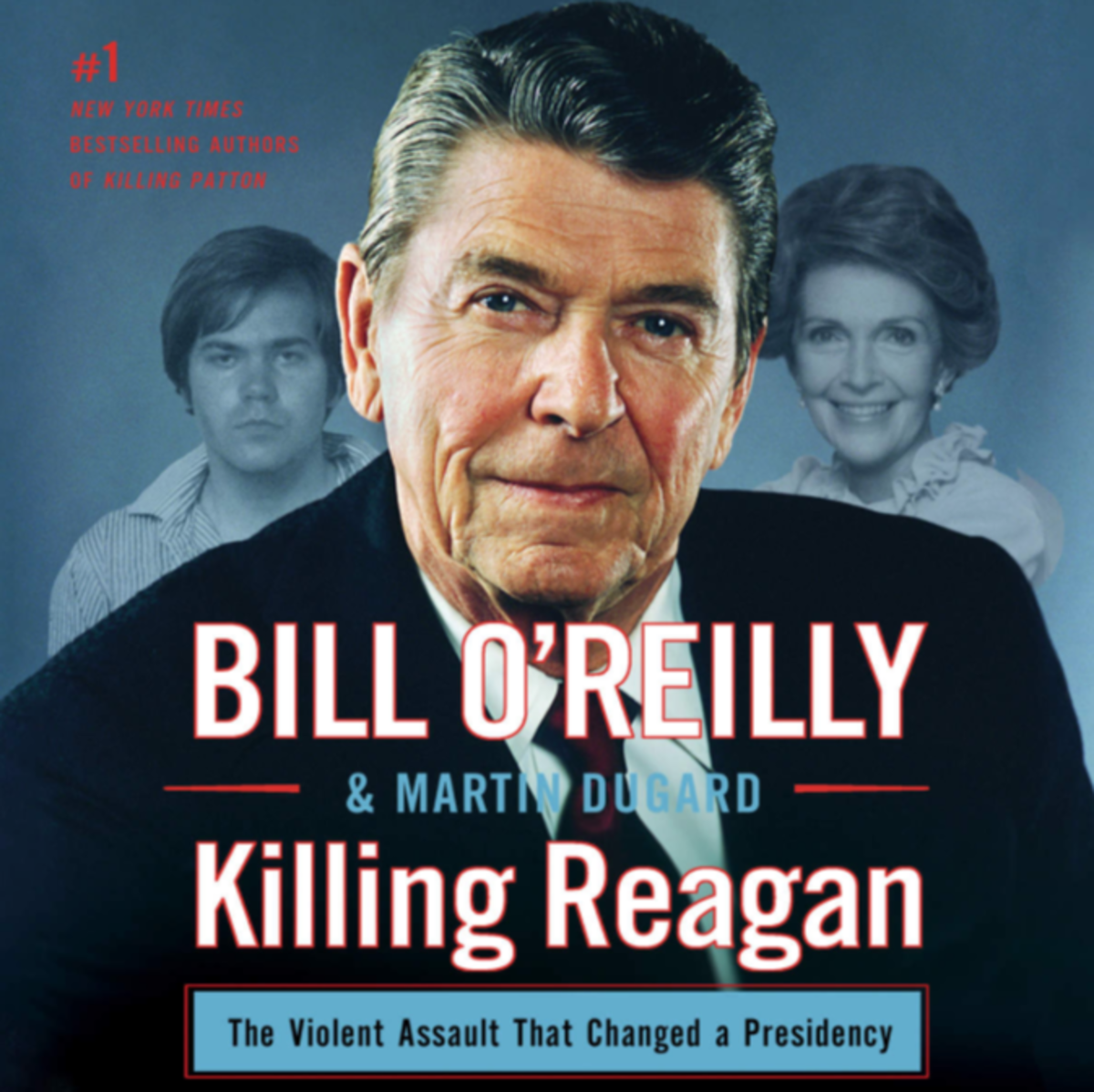Why Did President Ronald Reagan Consider USSR an Evil Empire?
The USSR broke up because it was what President Reagan called “an evil empire”.’
Introduction
Towards the end of 1991, the world was amazed to learn that the Soviet Union was disintegrating into separate nations. The west countries hailed this integration and termed it as a triumph for democracy, liberation and a victory for democracy. This was also considered as evidence that capitalism was superior to socialism and that totalitarianism was in no way a failure. The United States, which was one of the fiercest opponents of USSR, rejoiced upon hearing the news of the crumbling of the union, thus resulting to end to the existing cold war that had been experienced between these two superpowers since world war 11. The U.S president by then, President Reagan was overhead supporting this disintegration while going on to claim that the disintegration was attributed to the “evilness of the empire”. Indeed, the political situation of the world was transformed by this USSR breakup, resulting into a reformulation of the economic, political, social and military alliances in many parts of the globe. This hub analyzes President Reagan’s articulation that the break of USSR was due to it being “an evil empire”
Discussion
What could have led to the significant historic event of USSR disintegration? The answer to this query is somewhat complicated one, and which can only be obtained through a comprehension of the unique history and composition of the Soviet Union. Interestingly, the Soviet Union was established on almost the same territory as that of the Russian Empire which it went on to succeed. After the 1917 revolution of the Bolshevik, the newly created government introduced socialism philosophy which was gradually transformed to communism. The Bolshevik revolution was focused at overcoming national differences by creating a monolithic state with a centralized political and political system. This state was established on a communist ideology but went on to become a totalitarian state where the communist authorities controlled almost everything in the country.
Nonetheless, the goal of establishing a centralized and unified state was hampered by various problems and reasons. The first of this is that the Soviets failed to consider the level at which ethnic groups which were non-Russians in the nation comprising almost half of the total population in the Soviet Union would refuse to be assimilated into a Russianized State. The second problem was the failure of the economic planning in meeting the state needs especially after being caught up with the arms race with U.S. This led to a slow economic decline and necessitated leaders to take actions to salvage this phenomenon. The third and final reason was the total failure of the communist philosophy, which had been instilled by the Soviet government in the minds and hearts of the population. The influence of this philosophy among the populace gradually diminished and lost its value.
The rise to power of Mikhail Gorbachev, who was the last leader of the USSR in 1985, the economic, political and social problems were beyond control and would need greater effort to overcome. With this recognition, Gorbachev came up with a two-tiered policy economy to reform the economic and political situation. Among the measures was introduction of the policy of glasnost which created a freedom of speech and rebuilding of the economy policy. However, Gorbachev had failed to realize that giving people freedom of expression was a way of unleashing the political and emotional feelings concerning the peoples dissatisfaction, which had been bent for many years and which went on to become powerful upon being brought into the open. Furthermore, Gorbachev’s economic policy reform failed to generate instant outcomes which had been publicly predicted. The failure of this policy was heavily criticized by the Soviet who were now enjoying their newly accorded freedom of speech. In other words, the then president, Mikhail Gorbachev had totally failed to improve the economy and thus this had led to economic degradation and poverty which were affecting many people.
The ever rising cost of living and hardships opened a pandora’s box which degenerated into emergency of nationalist movements in such states as Central Asian republics, Byelorussia, Georgia, and Ukraine. Eventually, the central government found itself unable to contain these movements while government figures failed to effectively cooperate with the central government. This forced him to resign out of popular demand, leading to dissolution of the USSR.
In the last two years of USSR’s existence, the country was yet to have market system, despite the failure of its command economy. The subsequent reforms including giving factories authority, allowing private enterprises, making cooperatives legal which later were categorized as private entities failed to generate positive consequences while acted to undermine the old institutional structured. However, the leadership did not have in place an alternative economic system to compliment the failed policies. By 1985, the standards of living in USSR were much lower compared to most parts of Eastern Europe. The situation was characterized by food rationing, shortages, scarcity of basic resources, acute poverty, and long lines in the stores.
The 1991 counter-revolution was largely to blame for the economic breakdown that emerged. The World Bank and the IMF tried to intervene by making the new leaders incorporate a market economy. If they could affect this condition, the U.S in return promised the country greater investment, and aid but the government of USSR did not heed this call. Instead, Russia did the opposite by exporting huge amount of capital ($80 billion between 1991-1994), importation of cheap gas and oil. This lead to the heightening of poverty, external debt, decreased living standards, and inequality. According to Cox, (1999), USSR was viewed by the West as a totalitarian and closed regime and hence could not confirm to the confines of the west and international bodies. The lack of success in this dependence can hence be viewed as proof of the strength of the West and that very few countries if any could succeed on their own. Therefore, the West including other international could not intervene in salvaging USSR from economic and political decline. However, as espoused by LaFeber (2006) the aim for America to give Russia aid as well as forging military alliance was a way of combating communism. Communism according to this author had greatly contributed to economic degradation and hence disintegration of the empire.
The destructive nature of communism is supported by Norman (2001) who articulates that the principals of communism are derived from Marxism which harbors their own seeds of destruction. Among the seeds of Marxism is founded on the premise that human acquisitiveness, which is the desire to accumulate for themselves private property represents a passing historical phenomena which goes beyond which humanity if coerced and well educated can evolve from. It appears that Marxism and in this case communism is focused towards leading mankind to achieving that end, with an assumption that abolishing property will through logical extension help in eliminating the economic inequalities which are considered to be creating class conflicts.
However, a refocus on man’s history poses a strong evidence of human nature of acquisitiveness of being inborn and has been part of human nature since antecedence. For instance, land which is considered to be a major source of wealth is even in modern times considered to be the property of individuals, families or tribes. This is also true for capital and livestock. This led Wayne (n.d) to articulate that private property is a permanent feature of social life and due to this can be described as indestructible.
According to Ernesto (2007) the failure of communism was attributed to its inability to transform human nature. These assumptions were also supported by Mussolini who argued that human beings are less malleable when compared with iron. The author continues that no artists can effectively malle a human and any that attempts to do so could certainly fail. In the same way, the failure of communism owes to the fact that it is based on the false belief that allegiance to specific global classes could transcend national borders. However, as espoused by Pipes, whatever kind of affinities which individuals may feel towards their territories, class, or ethnic loyalties could significantly evoke stronger emotions. The author also adds that when these people get challenges by foreign forces, these so called classes are bound to close ranks.
Indeed, the totalitarian governance that had been established by Stalin and upheld by his predecessors has been claimed to have caused the 1917 Bolshevik Revolution. This view was and is reinforcing by Stalinists' claim of representing the ideologies of Lenin and Marx. Furthermore, Stalinists' policies and ideologies were typically representing socialism, thus prejudicing Western workers by denying them their democratic freedoms as well promoting the perception that a bourgeois parliamentary democracy is the greatest personification of human freedom. Crawshaw (1992) reiterates that the communist central planning system was the great contributor to poverty both in USSR and other left wing nations. Under this system, millions succumbed to death due to lack of basic resources.
Further, it should be taken into consideration that the intensive arms race by the USSR had placed huge weight on the economy of the country. This implied that the leaders were very much concerned at territorial expansion and military might at the expense of the welfare of the common man. What is more, corruption was excessive and the leaders seemed not to have done enough or take proper measures to combat it.
Prior to emergence of President Gorbachev leadership, the country had been characterized by unprecedented level of corruption and lawlessness that was contributing to the degradation of the economy. For instance, at one time, the onetime foreign minister during Gorbachev’s rein once informed the president that the country was rotten.
President Ronald Reagan was discontented with USSR governance system and at various times termed it an “evil empire” because of its communist ideology. According to Reagan, societies that were bound to survive were those that were considering creativity where individual talents could be given room to thrive. All societies that were totalitarian in nature were against dignity and nature of humanity.
Reagan’s concern and which prompted him to refer USSR as an evil empire owed to reports of the countries building nuclear weapons alongside the thread of infiltrating third world national with an aim of spreading communism. Reagan was so opposed to communism policies to an extent that he went on to increase the spending by the U.S army simply to counter the communism expansion plans of USSR in third world nations. President Reagan’s administration went on to provide military support to Nicaraguan groups as well as material support to Afghan rebel groups who were fighting the USSR. At the same time, the president reassured American citizens that his administration will work to limit the development of missiles as a step to achieving world peace. The principle came amid local and international protests against the arms race by the USSR-US. Therefore, USSR could not obtain international support when it was faced with political and economic difficulties considering that majority of the country’s economic and political policies were against the wishes of many citizens and international community.
From Reagan’s attitude, it is also apparent that he could have been aware of the presence of USSR’s secret troops in such countries as Poland, East German, Czechoslovakia, Bulgaria, Romania and many others in an attempt to influence these nations both economically and politically. In addition, USSR was also focused at cording dictatorship at various states with an aim of passing their orders to these people. This aggressive move led Winston Churchill to warn that an iron curtain was being set at the heart of Europe (Applebaum). Lund (1987) explains that there were all types of weapons in Soviet training camps for the communists. In addition, there were trusted agents and secret police services that were being controlled by the central governance with an aim of controlling “liberated nations”. Furthermore, the Soviet Union was known for harassing, persecuting and banning independent instructions, from churches, schools, youth and women groups, welfare agencies and political parties. The relentless territorial ambitions of USSR led to ruthless dislocation of millions of Hungarians, Poles, Germans and Ukranians from their historic homes. Other millions were deemed as opponents of USSR policies were ruthlessly beaten, hauled, imprisoned or subjected to slavery in Siberia. This meant that not even the control of cultural and economic life was sufficient to change the situation. As reiterated by Applebaum, the totalitarian rule had led to millions being tortured, slaughtered, enslaved and suppressed and hence could not be sustained for long. Conclusion From this analysis, President Ronald Reagan’s articulation that the failure of USSR Empire was due to its being an “evil empire” is well supported by facts. The evilness of this empire was due to its embracing of communism policy and seeking to advance this ideology to other nations for their own benefit. In addition, the authorities of this empire did not want to co-operate with other western allies in matters pertaining governance or economic development. Further, the unpopular policies including arms race separated the union from other world players and hence they could not assist it when it was economically deprived.








